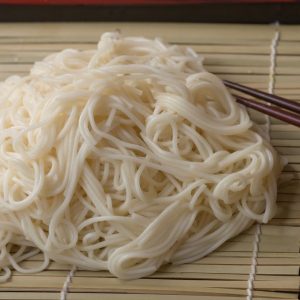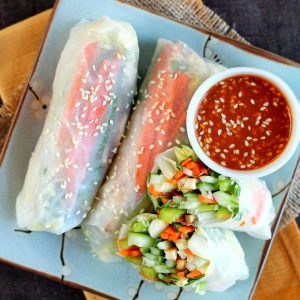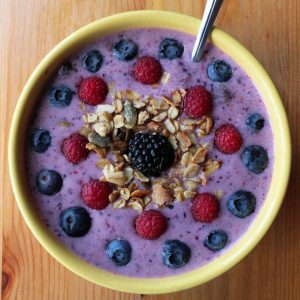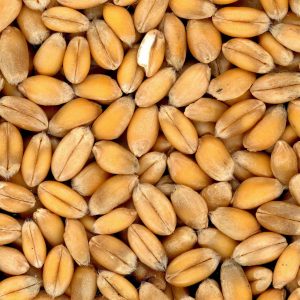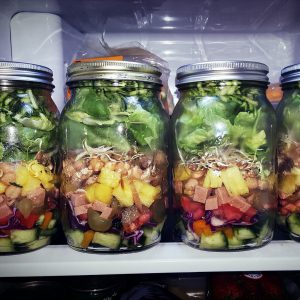What's Up With The Sprouted Food Trend?


Have you noticed that sprouted foods are everywhere right now? Maybe you've seen suddenly there are more packs of beetroot and alfalfa sprouts nestled amongst bags of spinach and asparagus in the produce section. Then over in the bakery and you find sprouted bread for sale amongst fresh rolls and loafs. And in the health food aisle, a pack of tortilla chips proudly boats that its ingredients are nothing but sprouted quinoa and grains. Okay, you wonder, just what is sprouted food and why is it suddenly everywhere?
While the concept of sprouting has been around forever in the Eastern world, it has become quite the trendy thing in health food circles in the Western world! Not only can you find sprouted nuts, seeds, grains and legumes at the shop, you can even get crafty and do it yourself. There's no shortage of videos online that will walk you through a how-to guide on sprouting.
What is sprouted food?
Seeds contain all the raw materials needed to grow a new plant when the temperature and moisture conditions are right. And sprouted foods are basically that, seeds that have started to grow. But before they actually grow into new little plants, the seeds are dried or mashed up into other foods.
So it goes without saying that sprouted foods are always seeds - but this ranges from the obvious (sunflower, pumpkin, chia seeds) to the not so obvious (quinoa, black eyed peas, chickpeas, legumes, oats and nuts).
You can munch on sprouted seeds as they are or you can find them mixed up into other foods like wraps and oats, so you don't even realize you're eating them.
Why are sprouts healthy?
The theory is that all seeds contain compounds to prevent them from sprouting until the conditions are just right. And once the conditions are right, a surge of enzymes flood through to cancel out those compounds and let the sprouting begin. In order for the little seed to have all the energy it needs to grow into a plant, these enzymes make its nutrients more pronounced and bio-available. So theoretically, we get more nutrition when we eat seeds in their sprouted states.
A recent study showed a 6 to 13 percent increase in the fibre content of brown rice after sprouting. Another one showed that sprouting causes a significant rise in antioxidant levels in millet.
Sumati Menda
NEWSLETTER SIGNUP
Never miss a post from VeggieBuzz!
Sign up for our newsletter to get the latest VeggieBuzz content delivered right to your inbox.







